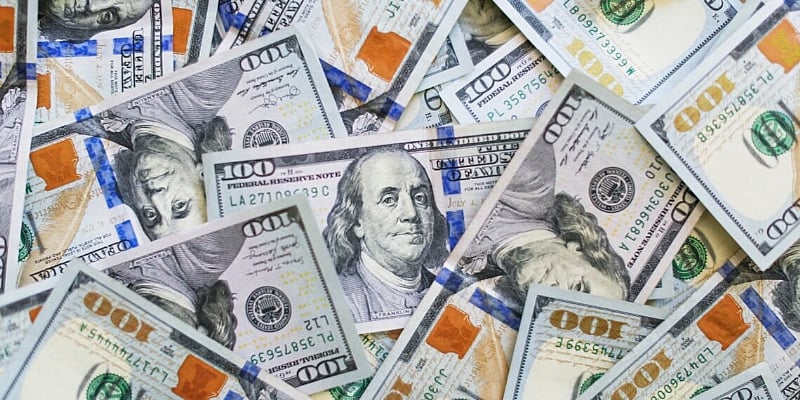In recent days, the Institute of Statistical, Social and Economic Research (ISSER) has called on traders to source their foreign exchange through the banks, insisting there is no shortage of dollars in the formal system. The Bank of Ghana (BoG) has echoed that message, pointing out that with proper documentation and processes, banks are able to meet demand.
On the ground, though, some importers and business owners tell a different story. They say that while dollars may be available on paper, accessing them through official channels can be slow or unpredictable. It is in that gap, they argue, that the black market thrives.
From July 14 to 21, the official interbank rate of the US dollars published by the Bank of Ghana moved within a narrow band, between ₵10.40 and ₵10.455 per dollar. By contrast, black market rates hovered between ₵11.60 and ₵11.75, representing a premium of roughly 11% to 13%. For traders facing tight shipping timelines, that spread isn’t just a statistic, it’s a potential loss of thousands of cedis on a single consignment. And when such a margin persists, it inevitably raises concerns: Are some players getting privileged access to cheap dollars, only to turn around and sell for profit, without delivering any real value to the economy?
To be clear, there is no public evidence that banks are deliberately favoring select clients or withholding currency from the wider market. But such a persistent gap between official and informal rates often signals deeper access bottlenecks or operational delays that merit closer scrutiny.
When formal channels become unpredictable, businesses turn to the streets, not out of choice, but necessity. The consequences cascade outward: government tax revenues shrink, legitimate firms struggle to stay competitive, and the everyday consumer ends up bearing the final cost in higher prices for imported goods.
The statements from ISSER and the Bank of Ghana are important, and reassuring in theory. But they must be matched with real effort to understand the frustrations being voiced across the business community. Whether the root of the problem is policy enforcement, bank-level bureaucracy, or simple perception, something isn’t working as it should. And when that perception grows unchecked, it threatens the very credibility of the system.
What’s needed now is greater transparency: clarity on how foreign exchange is distributed, better communication from banks, and a firm commitment from regulators to audit processes and ensure fair play. Ghana’s economy thrives when the rules are clear, access is even, and no one needs special connections to compete.
The dollar may be flowing, but for many, the real question remains: flowing to whom?
Source: thehighstreetjournal


